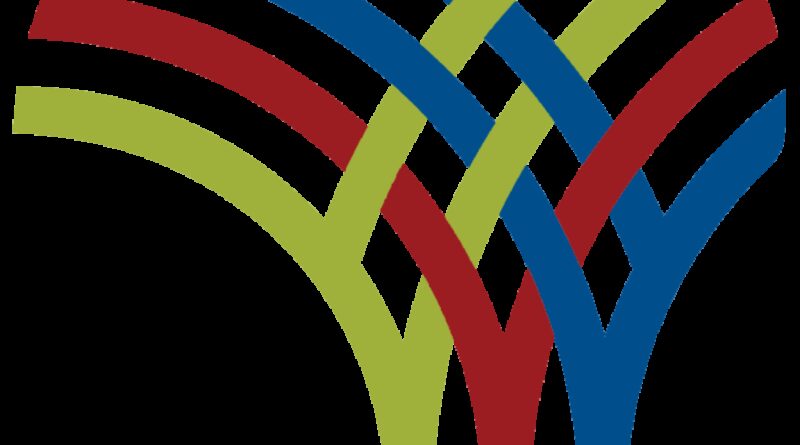Africa: IFC and OCP Group Launch Project to Address Water Shortage in Morocco and Food Insecurity in Africa
To increase the supply of sustainable water for fertilizer production, farmers and households in Morocco, IFC today announced a €100 million loan (about US$108 million) to OCP Group, the world leader in plant nutrition solutions and phosphate-based fertilizers.
The loan will support the construction of a 219-kilometer water pipeline and pumping station to transport desalinated water from OCP Group’s existing and planned desalination plants in Jorf Lasfar on the Atlantic Ocean to the company’s production operations in Khouribga in central Morocco.
Construction is already well-advanced and, when completed, the pipeline will have a total annual capacity of 80 million cubic meters, equivalent to the water in more than 32,000 Olympic-sized swimming pools.
Morocco is working hard to tackle severe water stress, affecting agricultural production and impacting the country’s economic development. This project will provide OCP Group with a sustainable and reliable source of water and will free up water for use by farmers, businesses, and consumers in and around Khouribga.
“We are grateful for IFC’s support in addressing one of the most pressing challenges of our time – water scarcity”, said Mostafa Terrab, Chairman and CEO of OCP Group. “This project is a testament to OCP Group’s commitment to sustainable development and innovation. By securing a reliable source of desalinated water, we are not only enabling the continued growth of our operations but at the same time also providing essential resources to local communities. This initiative aligns perfectly with our vision of fostering resilience and food security across Africa. Together with IFC, we are paving the way for a sustainable and prosperous future.”
“Water scarcity is a major obstacle to economic development in Africa – and this innovative project by OCP Group demonstrates how businesses can develop solutions that tackle complex development challenges,” said Makhtar Diop, IFC’s Managing Director. “By supporting the construction of this pipeline, IFC is enabling OCP Group to not only address its own water needs but provide vital water resources to communities and support the production of high-value crops, contributing to a more resilient and food-secure future for Africa.”
The pipeline is part of OCP Group’s Water Program, delivered by its specialized subsidiary, OCP Green Water, that is dedicated to supplying 100% non-conventional water to the Group by the end of 2024. By 2027, through investments totaling US $611 million, OCP Group aims to have a production capacity of 560 million m3/year of desalinated water and 60 million m3/year of treated wastewater. Combined with new technologies to reduce the Group’s water needs, this will not only guarantee supplies for its industrial operations but also provide spare capacity for local communities, building their resilience to climate change.
This project supports Morocco’s priority for sustainable development and is closely aligned with the World Bank Group’s strategy in Morocco, which includes a strong focus on climate. By 2030, the pipeline is expected to be exclusively powered by renewable sources, improving access to sustainable water resources and increasing resilience to climate shocks.
The project also supports IFC’s country strategy for Morocco, which focuses on enabling investments that contribute to the scaling of sustainable infrastructure and promoting green and inclusive growth.
Since 2021, IFC and OCP Group have partnered to develop sustainable food systems in Africa, build solar plants and green fertilizer production, promote gender equality, and support the Group’s sustainability strategy.
For more than 60 years, IFC has worked with public and private sector partners to support small businesses, manufacturers, agribusinesses, infrastructure, the financial sector, and more in Morocco. In the past three fiscal years, IFC has invested and mobilized more than $1 billion to support sustainable economic development.

